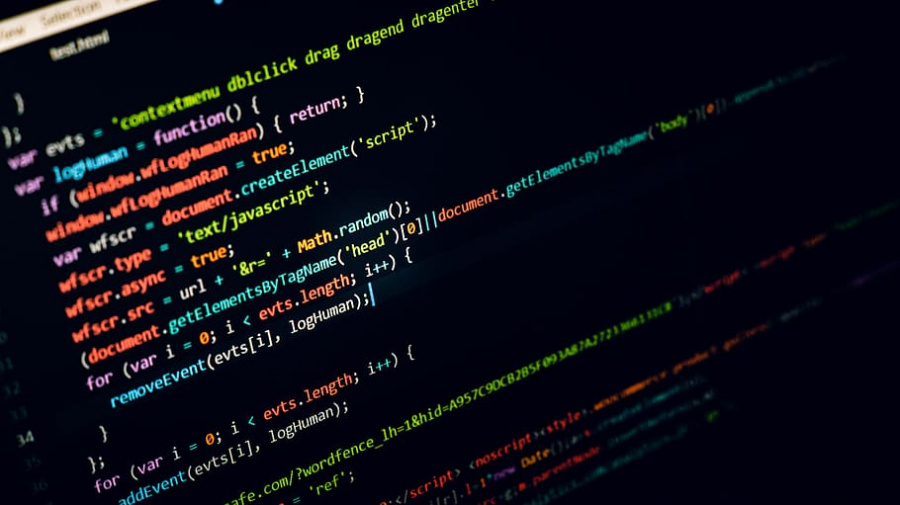Social Media Data Collection: How it works and how to avoid it
Nothing is a more present danger to one’s privacy in the modern age than what Silicon Valley corporations do to spy on consumers. In order to prevent this though, understanding how they do this is essential.
A driving force for culture, entertainment, and business in the 21st century, is the internet, and more precisely, social media. The extent to which we allow social media companies to pry into our lives has consistently been a subject of controversy, but there is little understanding as to how they do so and what can be done to avoid this glaring invasion of privacy. Although widely publicized and generally understood to be negative, the tracking and trafficking of personal data are hard-to-grasp concepts for many people, despite the general populace’s regular interaction with these practices.

The collection of user data greatly benefits online companies that make the majority of their earnings through the sale of ad space and data correlating with consumer trends to third parties. The most obvious means they use to accomplish this is by collecting the information users willingly provide to them. According to the Loyola University of Maryland, “by tracking users’ Facebook, Instagram, and Twitter likes, as well as Google searches, media platforms, and networks are able to generate a general idea of what your interests are.” Companies are able to use the data harvested from user interaction to then push targeted advertising upon unsuspecting, or perhaps aware, granted uncaring users. This improves product visibility for those willing to buy a given item and makes the investment in social media companies worthwhile.

Another, more intangible way that digital organizations capture user information is via cookies. Cookies are used to store information and are usually utilized for convenience, such as with cookies that remember a user logging into a website, thus preventing the hassle of having to log back into a site every time it is accessed. Whenever a website is opened, it stores a cookie file on the user’s device and has a unique ID for each user. Cookies can be used for more nefarious means, however. According to Cookie Law Info, a website dedicated to information about cookies, “the creators of cookies use these IDs to identify users and track them online. Cookies collect information – online habits, previous visits, search history, etc. – and pass them on to the servers of the cookie owners. This information is then used for targeted advertisements and personalized content.”
Many find that being spied on is rather alarming, and uncomfortable. Nevertheless, the use of social media and other internet platforms is an important aspect of modern life that can be challenging to move away from. In order to continue the use of the internet while maintaining a sense of security and privacy, one must first and foremost be knowledgeable of how they are being tracked, and secondly what they can do to stop it. The most widely marketed tool and consequently most well-known in popular consciousness is a virtual private network, or VPN, which obscures information such as location and browsing data. Other, less monetarily draining methods, including using the options given by browsing systems to help protect privacy and lying. Most browsers provide a plethora of options to help limit the degree to which websites can track someone, the easiest of which to comprehend and execute being to simply clear cookies on a regular basis. In order to make sure personal privacy can be upheld, however, the use of anonymity is essential. Providing false information about one’s name, age, gender, etc., although against many sites’ terms of service, is the only definite way to make sure the most sensitive information about user identity is hidden.
The acquisition of personal data by technological corporations and their partners is a persistent danger to individual privacy that only grows more troublesome as technology advances. To better protect against this invasion of privacy is to understand how it happens, so proper precautions can be taken moving forward.







Rea Monsuller • Dec 15, 2021 at 10:06 AM
Invasion of privacy is a contentious subject yet most people have already gotten used to it in their daily lives. Knowing that some random company knows your name, where you live, what you like, and what you dislike should alarm us ,yet how much are we doing to prevent that? Very little if nothing at all because every website has cookies, not the tasty baked snack, but the ones that “store information and are usually utilized for convenience” yet who can blame us?.These “cookies” save login info for the customers so that retyping login info isn’t necessary. It is not like we don’t like it when the website automatically enters our login info to save us the trouble and even if putting it manually is preferred, having to block cookies in every website used is tedious. Though they don’t only do that, further in, they actually allow information like “online habits, previous visits, [and] search history” to be observed and stored. I myself did not actually know what cookies were used for before reading this article. I am the type to click agree to the terms and conditions and website cookies right away and I can safely infer that the majority do so too. So, could invasion of privacy be prevented more if people were educated more on it? It is debatable because even if people were educated on it, are they willing to put in the effort it takes to completely protect their own safety?